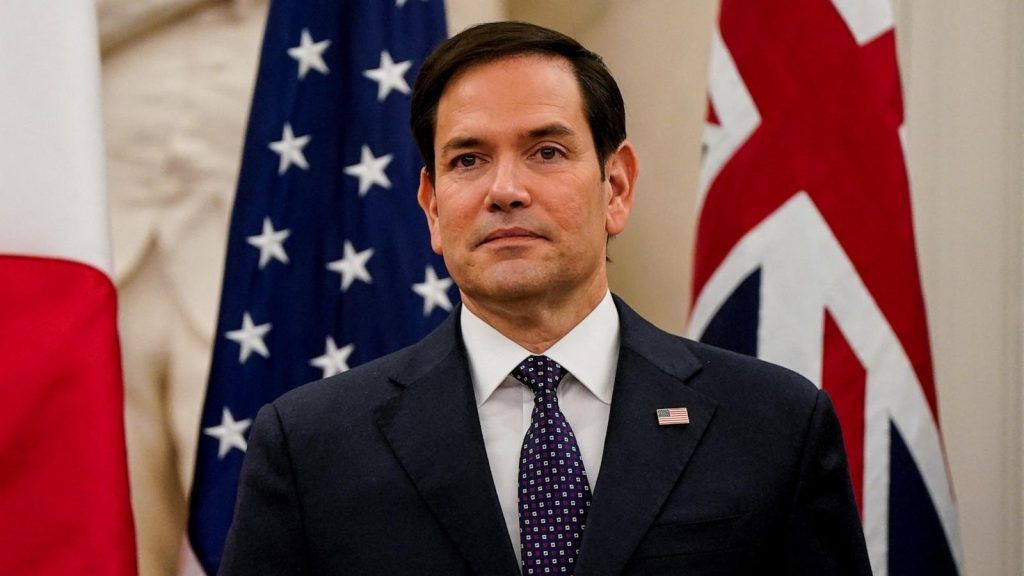Rubio Heads to Mexico and Ecuador as U.S. Targets Cartels, Migration, and China’s Regional Influence

U.S. Secretary of State Marco Rubio will head to Mexico and Ecuador next week, the State Department announced Thursday. The visit is part of the Trump administration’s broader agenda to curb illegal immigration, disrupt drug cartels, and address China’s influence in Latin America.
Rubio, who made history as the first Latino to serve as America’s top diplomat, previously visited Central America and the Caribbean during his first overseas mission earlier this year.
President Trump has adopted a tough stance on immigration, intensified actions against drug trafficking, and launched a series of tariffs targeting specific countries and products as part of his global trade policy.
Mexican President Claudia Sheinbaum has indicated that Mexico and the U.S. are close to finalising a joint security arrangement to strengthen anti-cartel efforts. However, she has “rejected suggestions by the Trump administration that it could carry out unilateral military operations in Mexico.”
In Ecuador, President Daniel Noboa has been dealing with a spike in gang violence and has cooperated with U.S. efforts to curb unauthorised migration. A senior State Department official noted that while Ecuador has shown “progress in certain aspects on immigration,” there are still unresolved issues, such as “how to handle people from third countries who cannot return to their home country.”
“We’re talking to lots of countries about those kinds of issues, and Ecuador will be one,” the official said, though they added that the U.S. is “not necessarily” pursuing a third-country national agreement with Ecuador.
The official also highlighted that countering China’s presence in the region remains a key focus, including efforts to ensure “China does not use Mexico as a trade backdoor to the United States.”
Rubio is scheduled to meet with both heads of state and their foreign ministers during the trip. Although trade negotiations fall outside Rubio’s direct responsibilities, the topic is still expected to come up during his meetings.
In July, Mexico avoided a 30% tariff on exports to the U.S. by securing a 90-day delay to continue trade discussions. Nevertheless, the country still faces a 25% tariff on fentanyl-related goods, though most exports under the U.S.-Mexico-Canada Agreement remain unaffected.
Ecuador, on the other hand, is currently subject to a 15% tariff on certain products.
